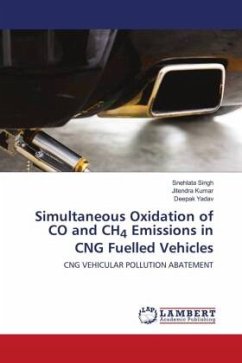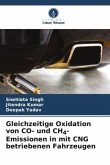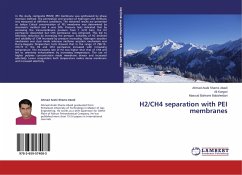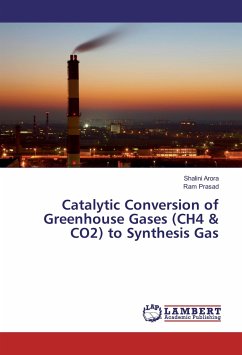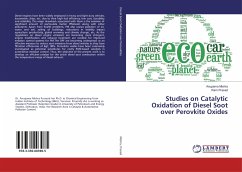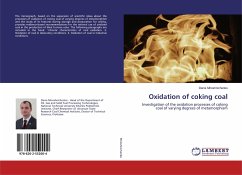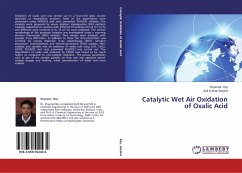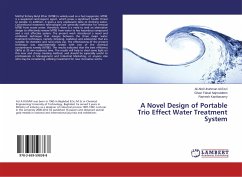Urbanization, and population are increasing rapidly, everyone want to personal vehicles and move to urban area this is the main cause of air pollution, the pollution from automobiles is one of the big sources of air pollution and is of major global concern. In recent years, Compressed Natural Gas (CNG) has become the better alternative fuel for automobiles due to its lower pollution potential as compared to the conventional fossil fuels. Though CNG is a cleaner fuel but emissions of carbon-monoxide (CO), methane (CH4) and NOx could also be present in the exhaust gases of CNG fuelled automobiles due to partial combustion of fuel. These pollutants can adversely affect human health and environment. Methane is a greenhouse gas (GHG) and is having 21 times more global warming pollution potential as compared to CO2. The presence of lethal and polluting gases in air makes their treatment essential. CO and CH4 emissions of polluted air from CNG based vehicles can be controlled by using ahighly efficient catalyst which can completely oxidize them. This Book focuses on designing a suitable catalyst for the elimination of CO and methane emissions of CNG fuelled vehicles.

